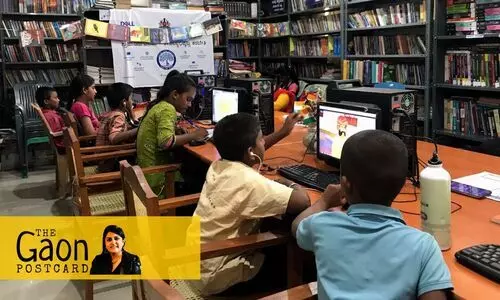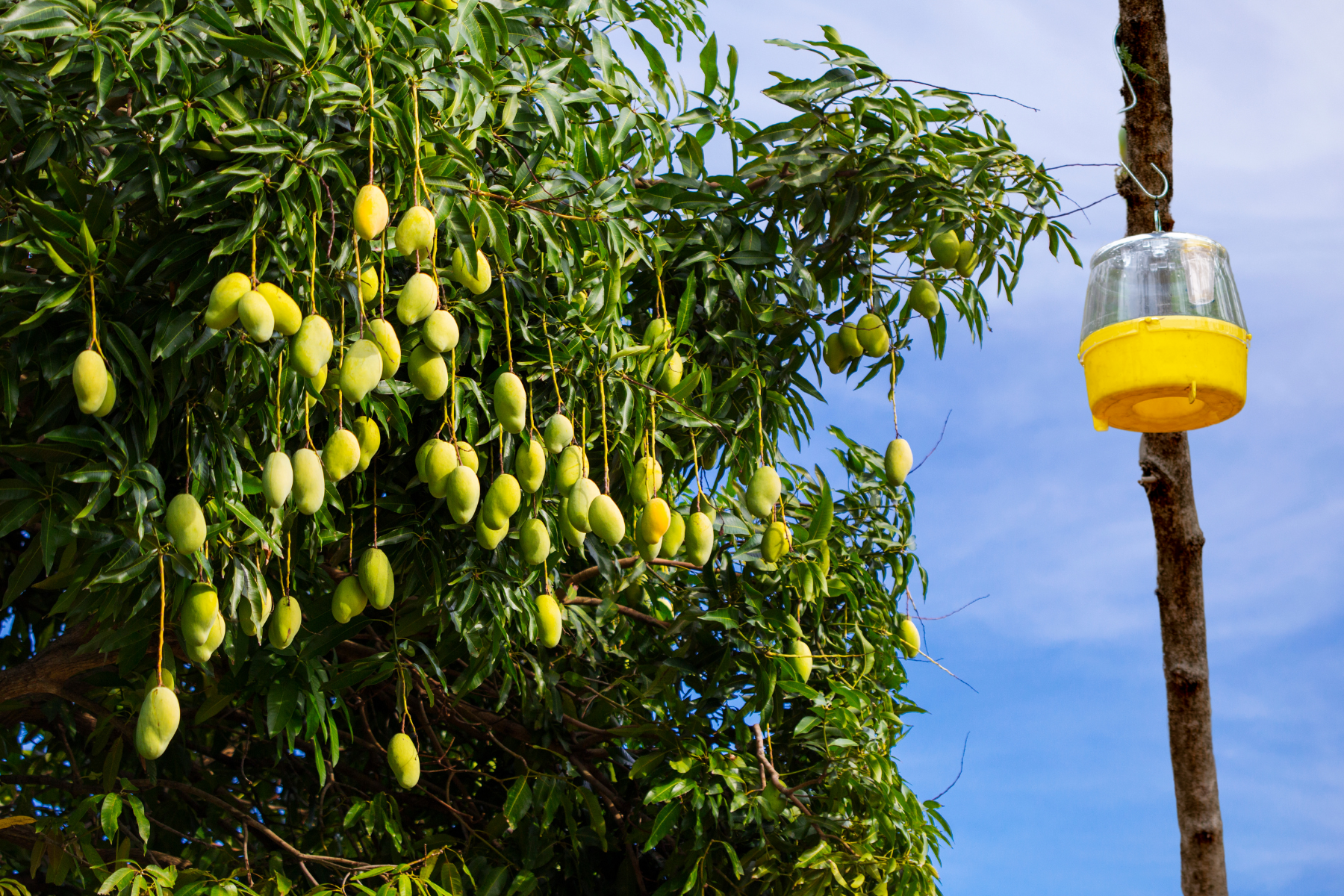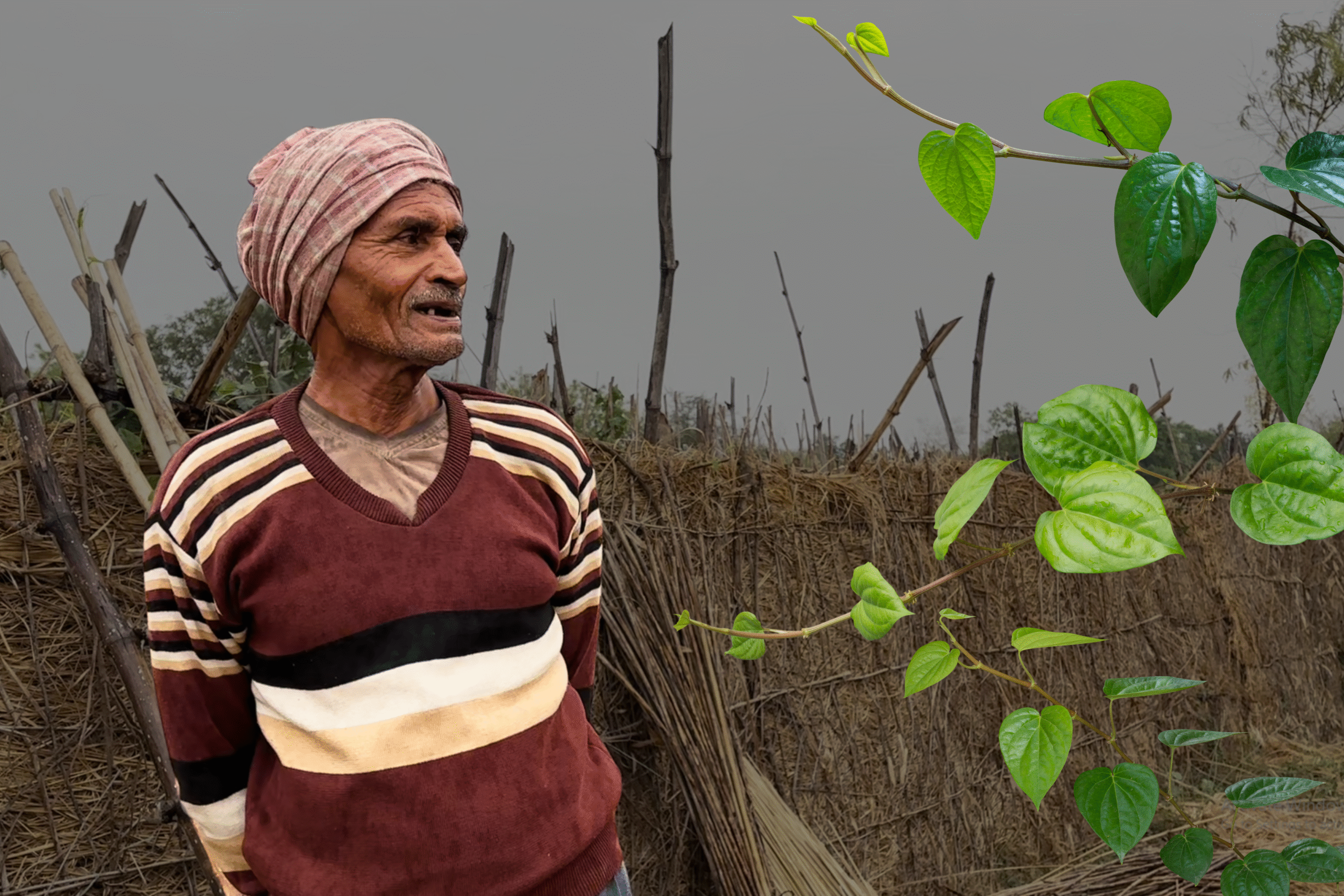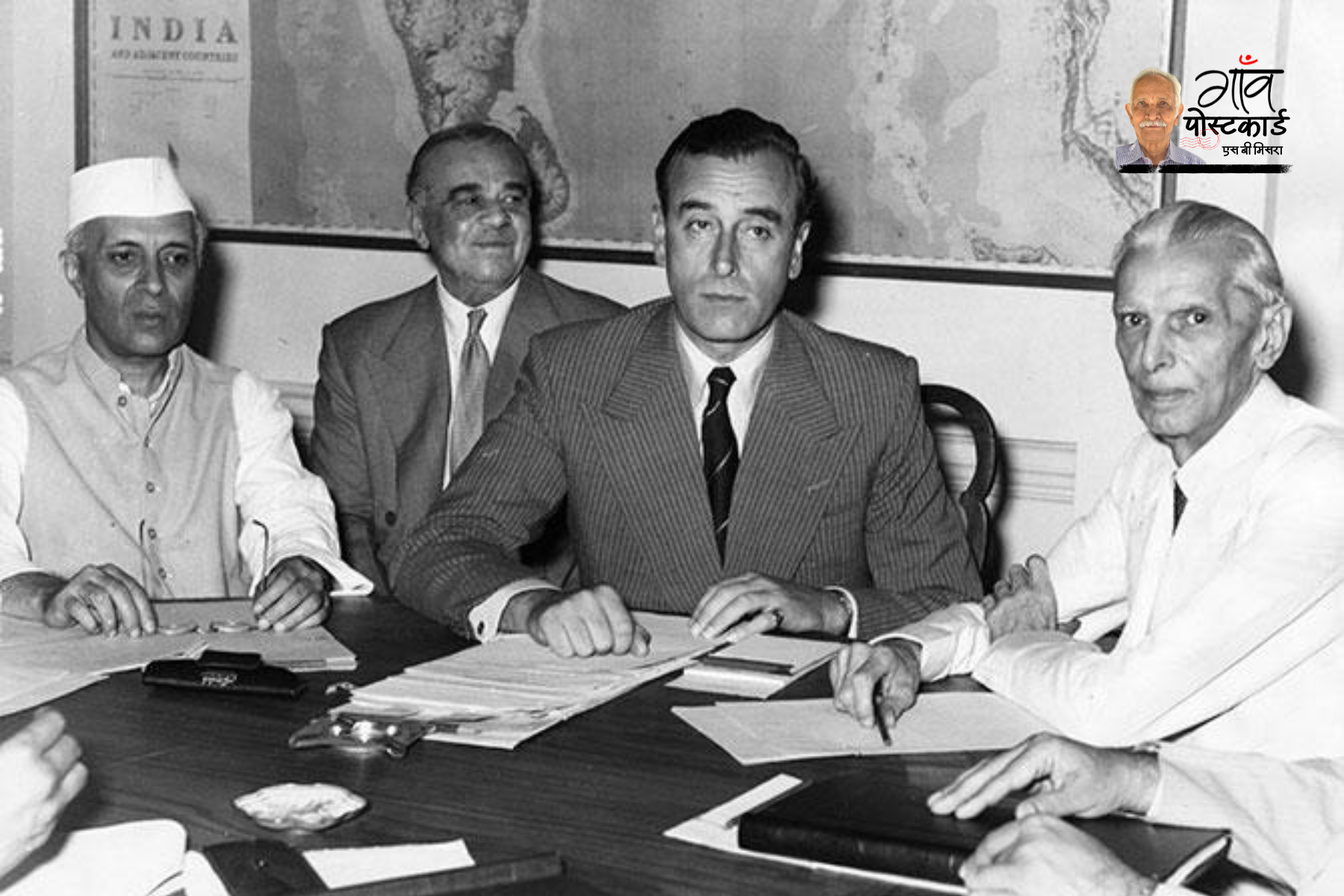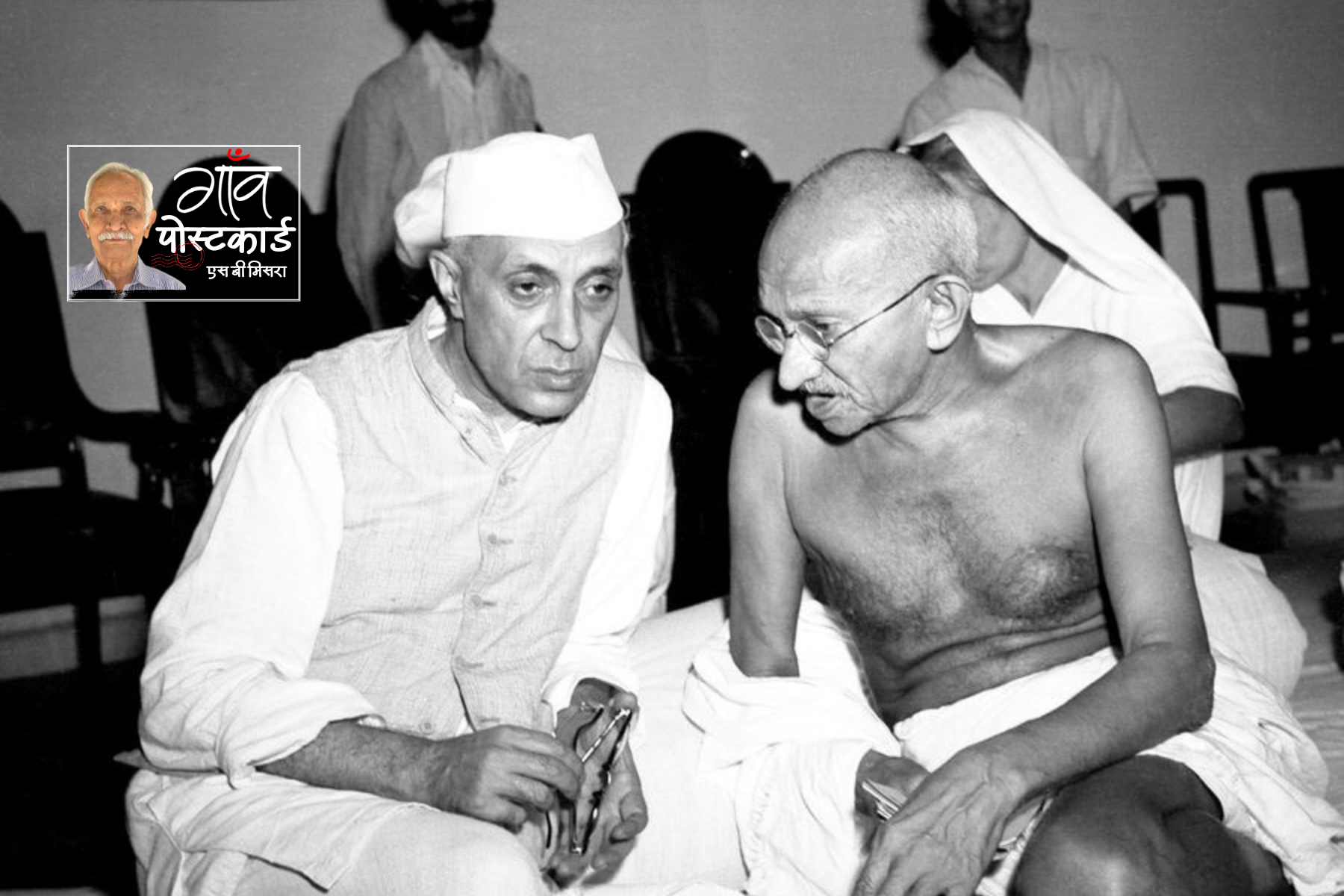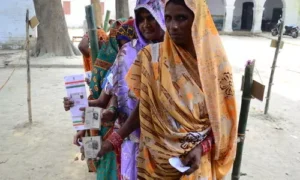Bengaluru, Karnataka
Surrounded by books and printed sheets of paper, Anjunay sat at a desk in the library, his eyes focused on the pages of a hardbound book.
Youngest of the three sons of a coolie in Raichur district of Karnataka, Anjunay, who is in his 20s, moved to Bengaluru, over 400 kilometres away from home, to prepare for a competitive examination.
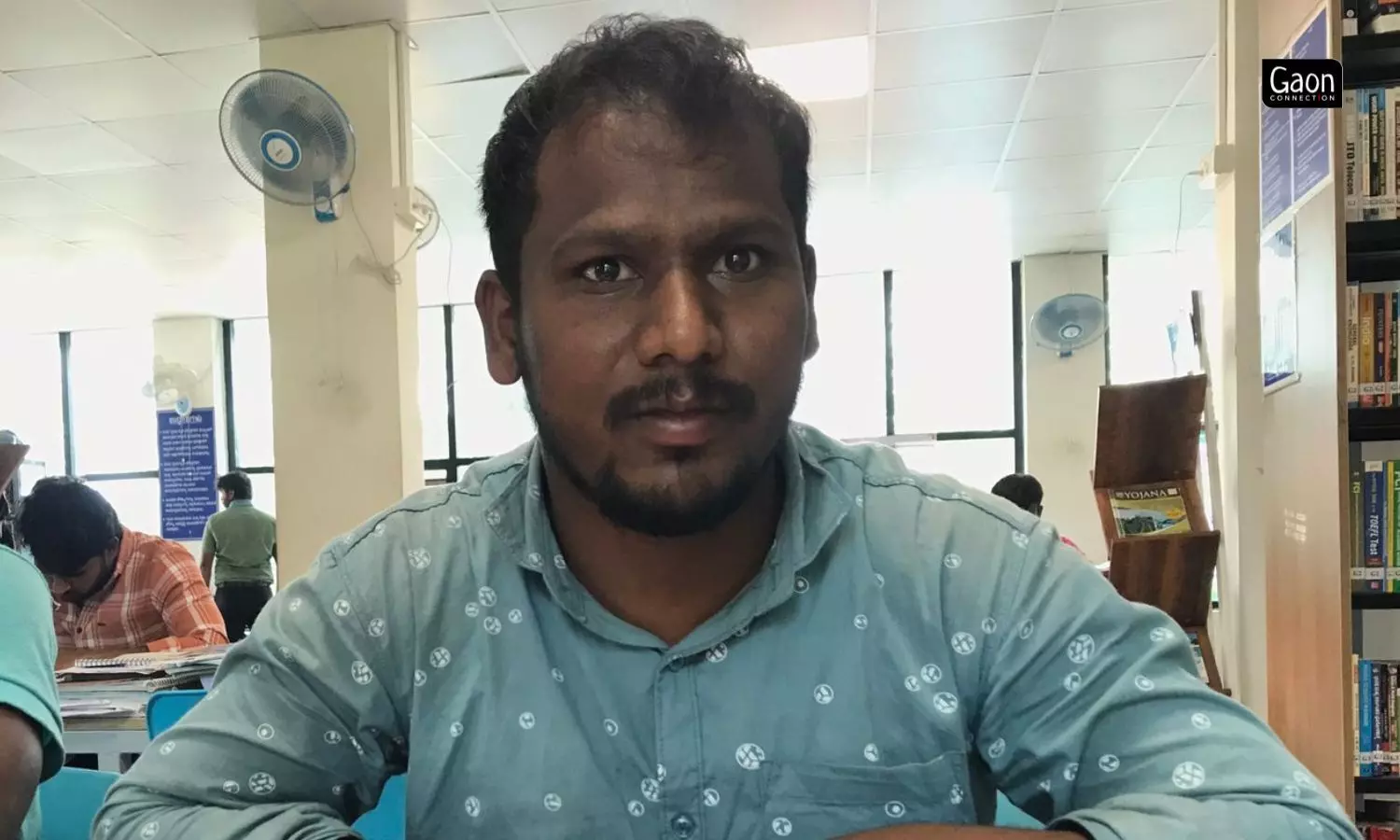
Youngest of the three sons of a coolie in Raichur district of Karnataka, Anjunay, who is in his 20s, moved to Bengaluru, over 400 kilometres away from home, to prepare for a competitive examination.
His friends told him about public libraries set up by local panchayats, where students of all age groups not only got books to read but also received free meals. These libraries have sprung up across the southern state under a unique initiative of the Department of Rural Development and Panchayati Raj.
As per official records, 5,573 rural libraries are functional in 5,951 village panchayats of the state. Of the total rural libraries, 4,608 are digital libraries. More than 3.5 million children are using these libraries and are registered with them. Belagavi has the highest number of rural libraries — 462 — followed by Tumkur district at 327 (see map).
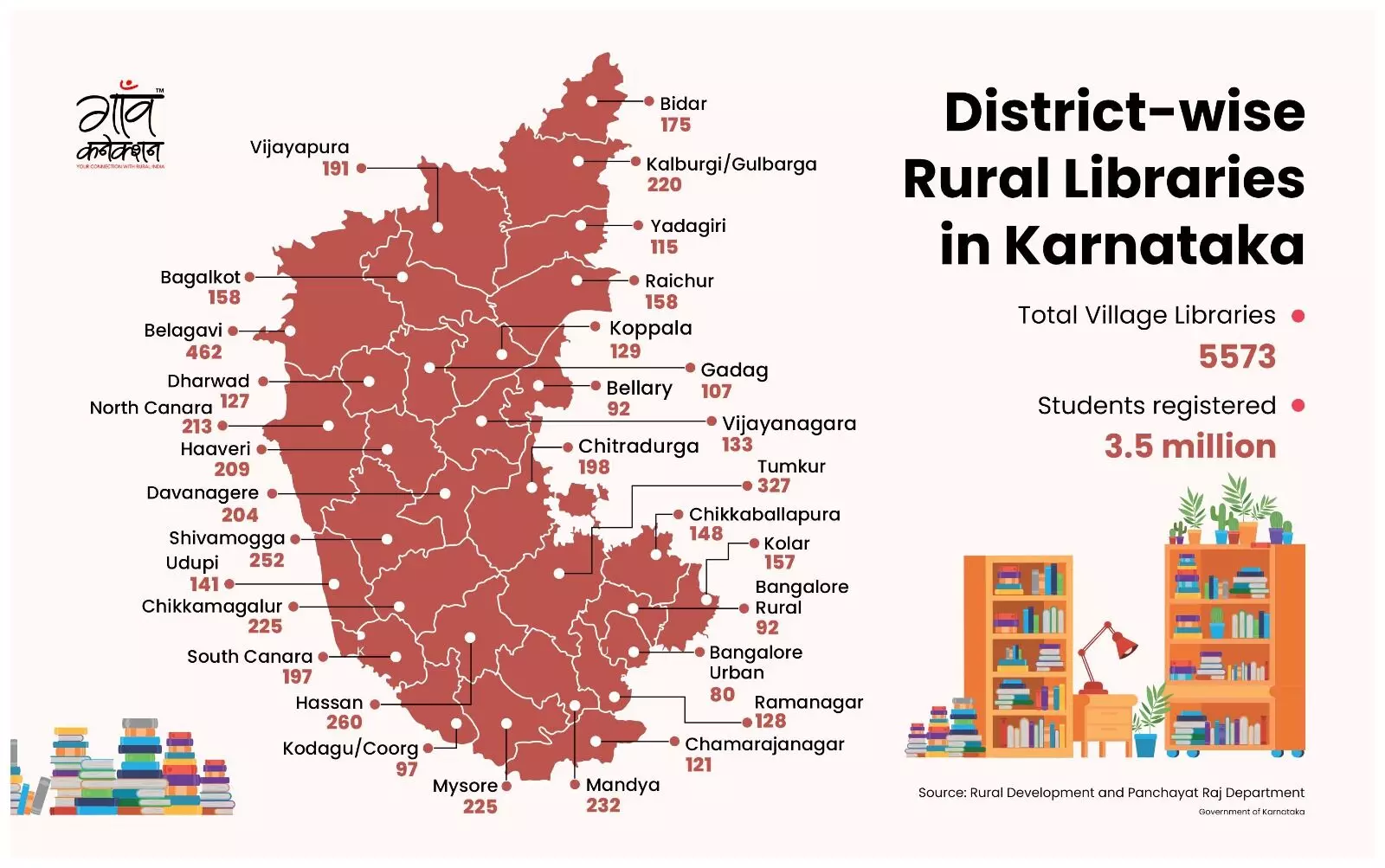
Karnataka’s rural libraries have become the talk of the town not just within the state but also across the country. So much so that in her Budget 2023-24 speech earlier this year, Finance Minister Nirmala Sitharaman announced the setting up of a National Digital Library for children and adolescents. She added that the respective state governments will be encouraged to set up physical libraries “at the panchayat and ward levels and provide infrastructure for accessing the National Digital Library resources.”
Anjunay did not think twice before packing his bag and moving to Yelahanka in North Bengaluru where he now shares a room with a couple of his friends. A large part of his day, sometimes even nights, are spent at Rajankunte Gram Panchayat Digital Library and Competitive Examination Study Centre in Yelahanka taluka.
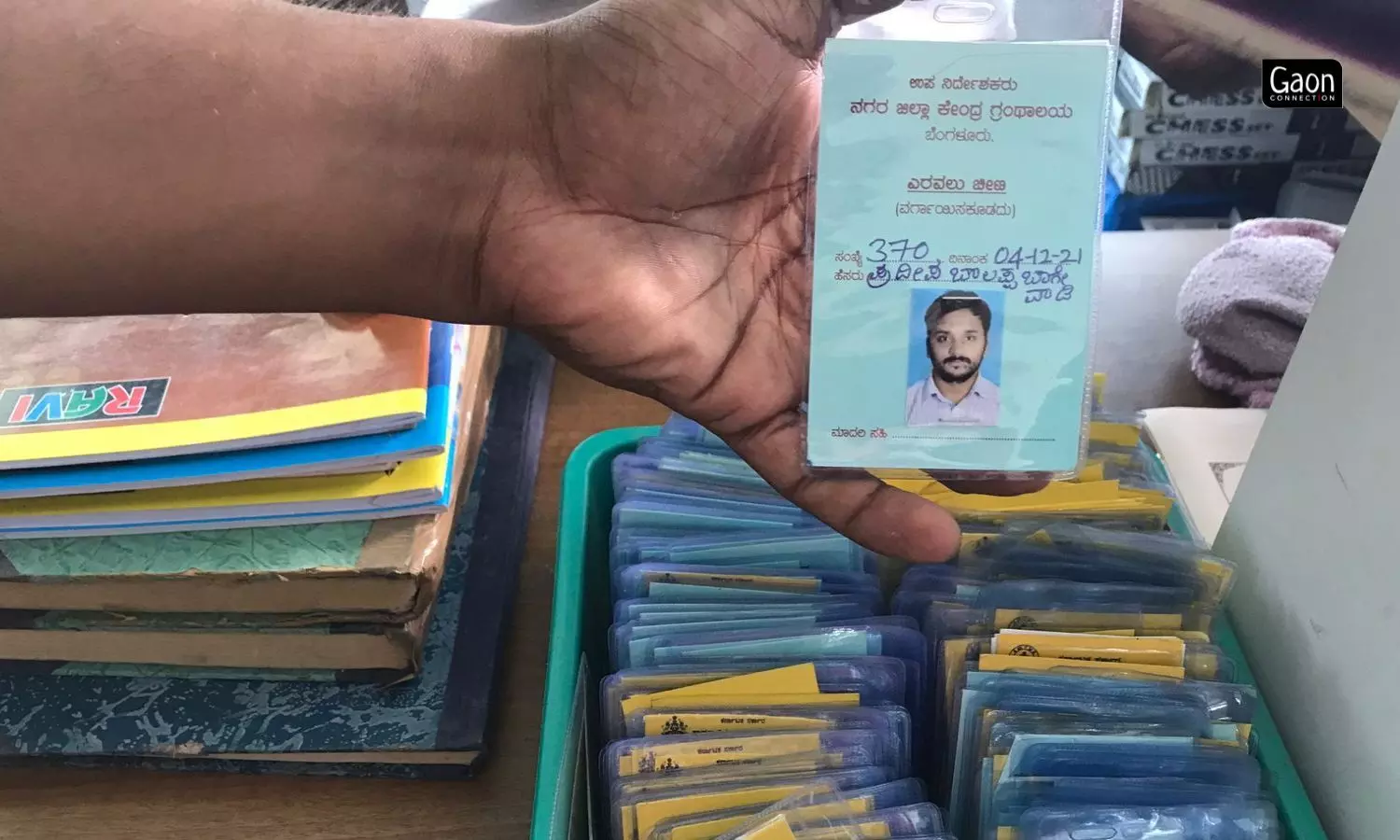
The digital library is completely free for anyone below 14 years of age. Others have to pay a one-time membership fee ranging between Rs 50 and Rs 100.
“This library is open 24×7 and I get books to read, and can use the computer and the internet for free too. There is a panchayat canteen from where students like me get two free meals a day. This library is a blessing as I come from an economically weak family,” Anjunay said in a mix of broken English and Kannada.
Unlike his two older brothers, who are farm labourers, Anjunay, a mechanical engineering graduate, nurtures a dream to crack the Staff Selection Commission (SSC) examination of the central government.
“This rural library is a gateway to several opportunities. It can help me realise my dream of getting selected in the SSC exam and make my family proud,” said the young man.
Also Read: Yesterday Once More
Apart from a stock of 15,000 books, the Rajankunte digital library, which is housed on the top floor of the local panchayat building, has 15 internet-connected computers, an iPad and Alexa too, which can narrate lessons at a single voice command. A total of 2,225 people are enrolled at the library of which 1,700 are children between the age group of six and 18 years.
#TeacherConnection | Meet Hitesh Gowda who credits #Karnataka‘s ‘rural libraries’ for ensuring that village students interact with the digital world. Listen to what this promising boy has to say about the library which he visits 5 days in a week.@readingkafka
@JamwalNidhi pic.twitter.com/Grkt6PNZdQ
— Gaon Connection English (@GaonConnectionE) April 29, 2023
“This digital library is completely free for anyone below 14 years of age. Others have to pay a one-time membership fee ranging between Rs 50 and Rs 100,” said Nagaraju, the panchayat development officer with Rajankunte gram panchayat. “The Rs 50-100 is a lifetime membership fee and members can take up to three books home for 15 days,” he added.
About 16 kilometres away from the Rajankunte digital library is another rural library in Doddajala village near the Bengaluru international airport. A visit to this library is sure to brighten up anyone’s day as 20-30 young, inquisitive readers visit the learning centre every day.
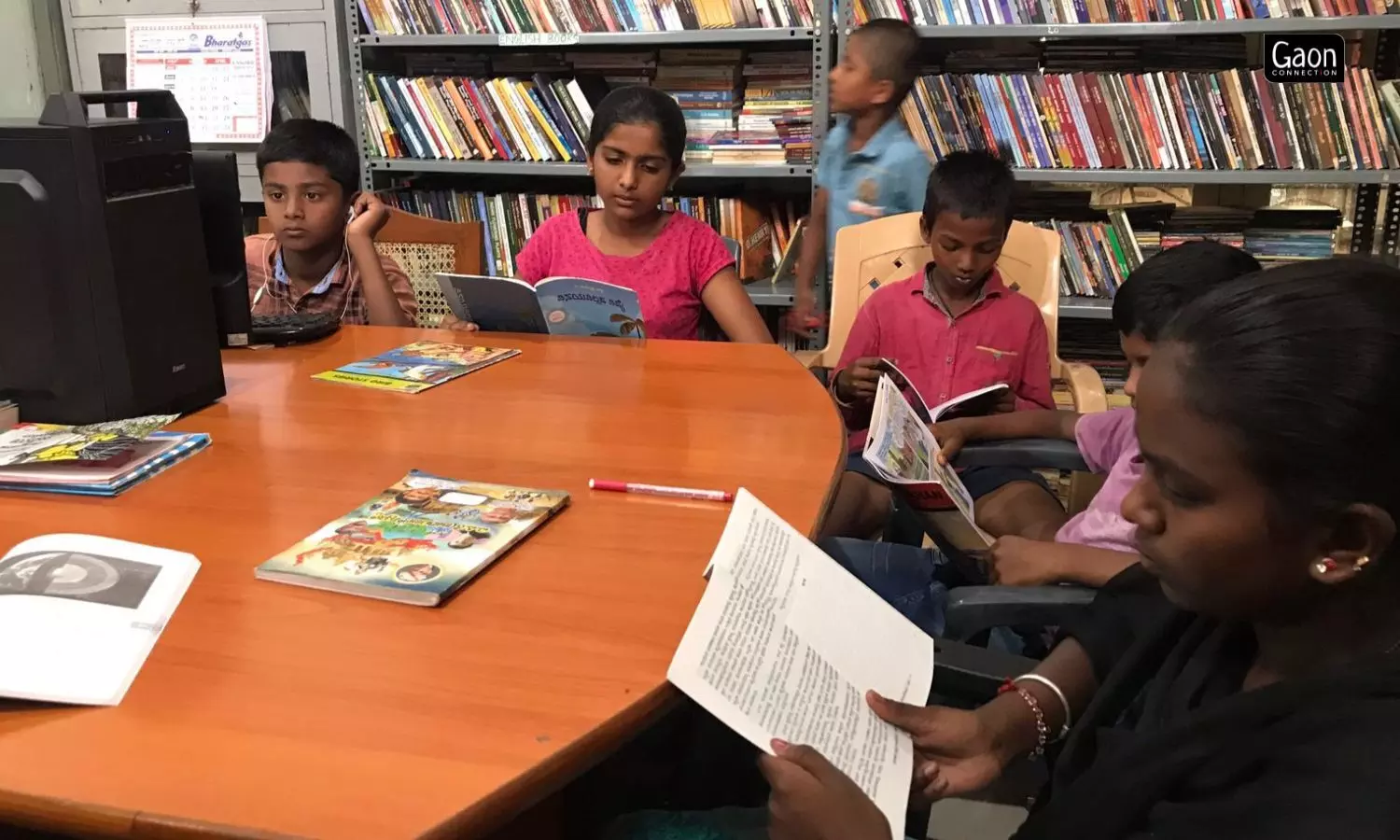
During the COVID-19 pandemic, these rural libraries helped bridge the digital divide between urban and rural children.
Twelve-year-old Hitesh Gowda announced in fluent English that he visited the Doddajala library five days a week. Apart from teaching younger students how to use drawing and painting applications on the computer, he enjoys playing board games and carrom that are available for free to the local rural children.
Suvarna C is the librarian of Doddajala rural library for the past 15 years and by now she knows all the family members of students who come to the library. Community engagement through rural libraries is one of the aims of these centres.
Also Read: As Spring Goes Missing
“Apart from over 15,000 books, we get 10 newspapers daily. We have a separate reading section and a computer section in the library. Every Saturday I hold computer classes where I teach children and their mothers to use computers,” she said.
“We also have a weekly ‘Read Aloud’ session in our library where kids read story books aloud. They can take a storybook home and read it with their mother” the librarian added.
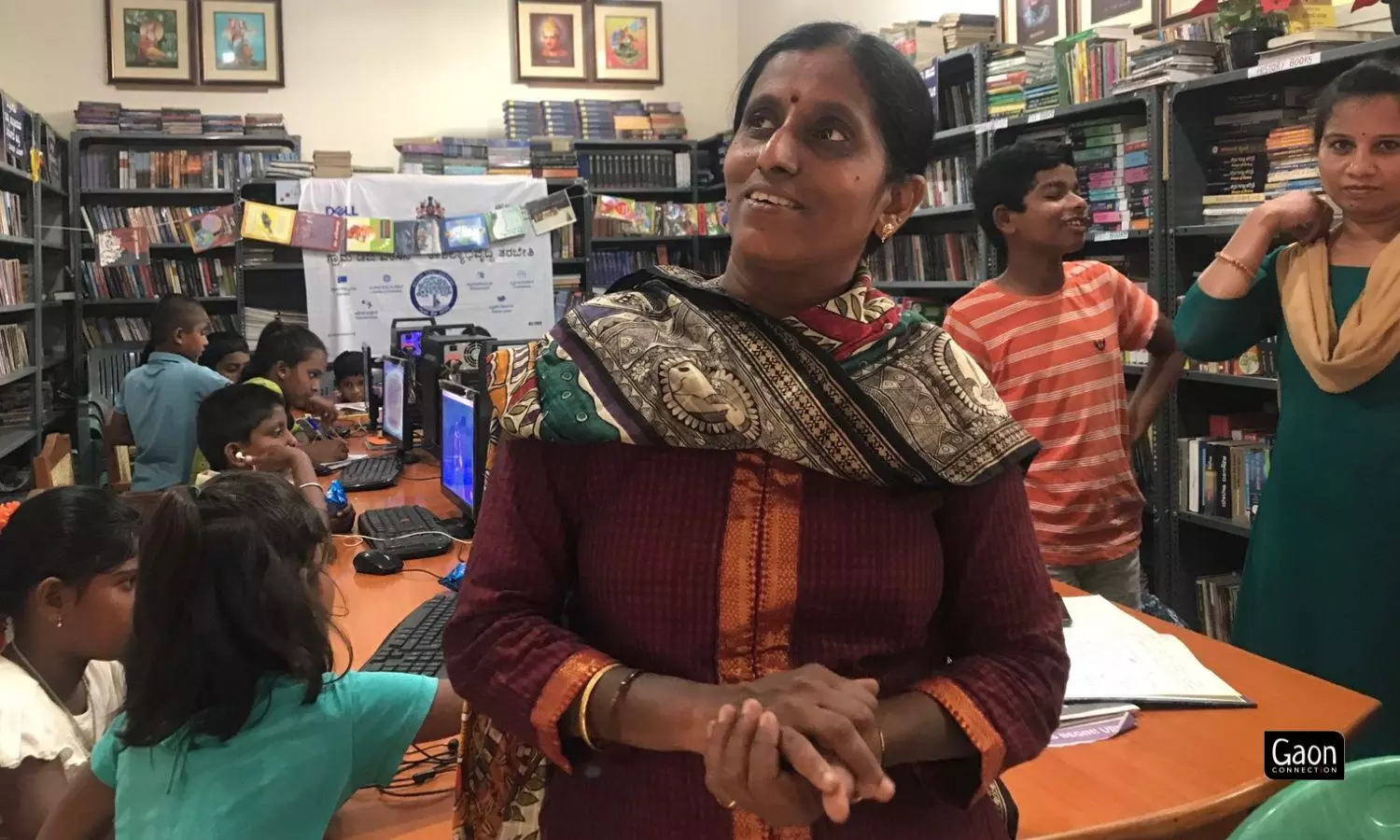
Suvarna C is the librarian of Doddajala rural library for the past 15 years and by now she knows all the family members of students who come to the library.
Doddajala library is open from ten in the morning till five in the evening every day. It is supported by the non-profit Shikshana Foundation. “We are working with over 1,400 libraries and regularly donate books and computer monitors. We have selected 35 villages to achieve 100 per cent literacy, and Doddajala village is one of them,” said Snetra of Shikshana Foundation.
During the COVID-19 pandemic, these rural libraries helped bridge the digital divide between urban and rural children. “We kept our library open during the pandemic by following all COVID protocols. Some children used to come to study at the library while we also organised online classes,” said Suvarna, who earns a monthly salary of Rs 12,000.
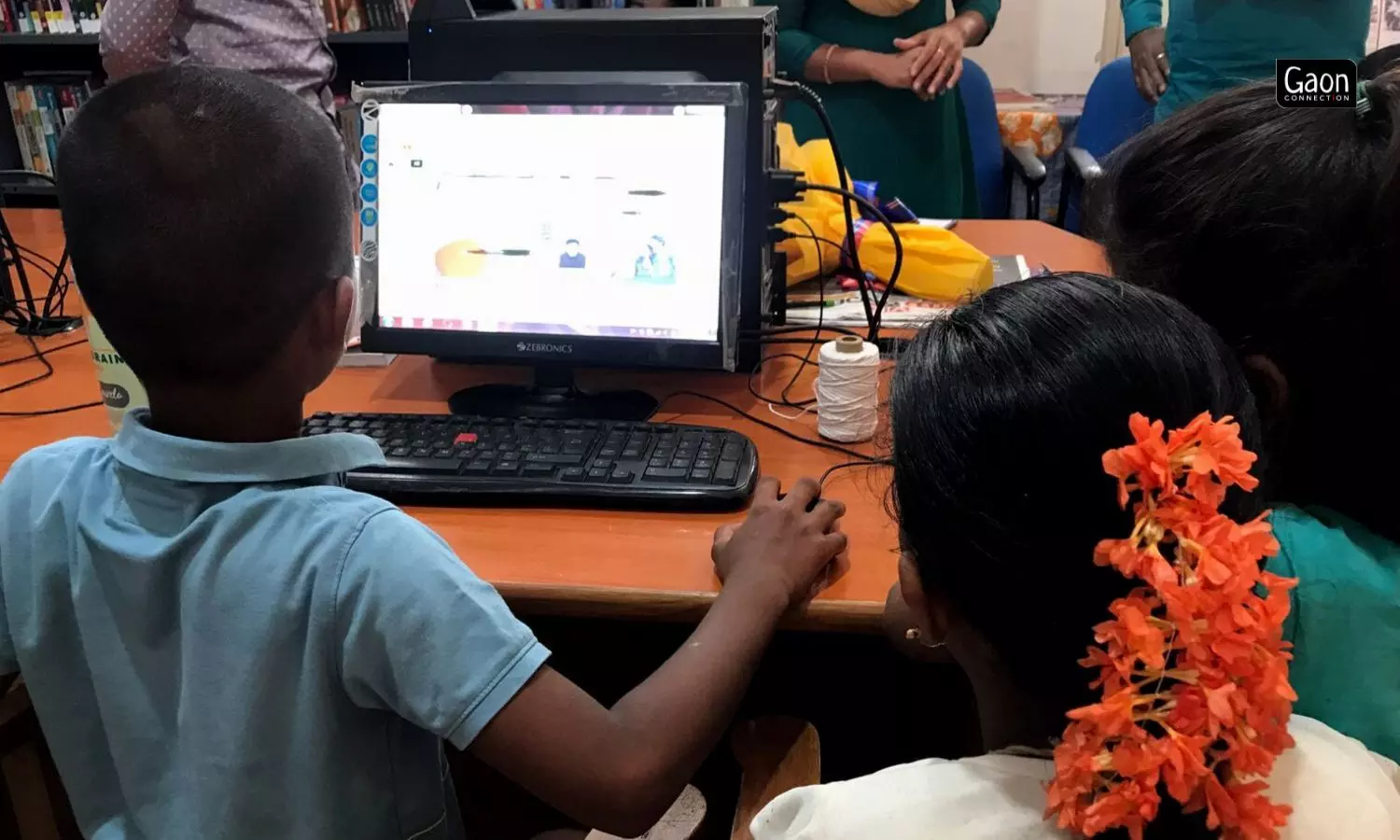
Apart from a stock of 15,000 books, the Rajankunte digital library has 15 internet-connected computers, an iPad and Alexa too, which can narrate lessons at a single voice command.
Also Read: The Sounds of Silence in Matheran
At the Doddajala library, I noticed little girls wearing a burst of orange Kanakambaram flowers in their hair. As an ice-breaker, I told them I wanted similar flowers in my hair too. The girls gave me a shy smile.
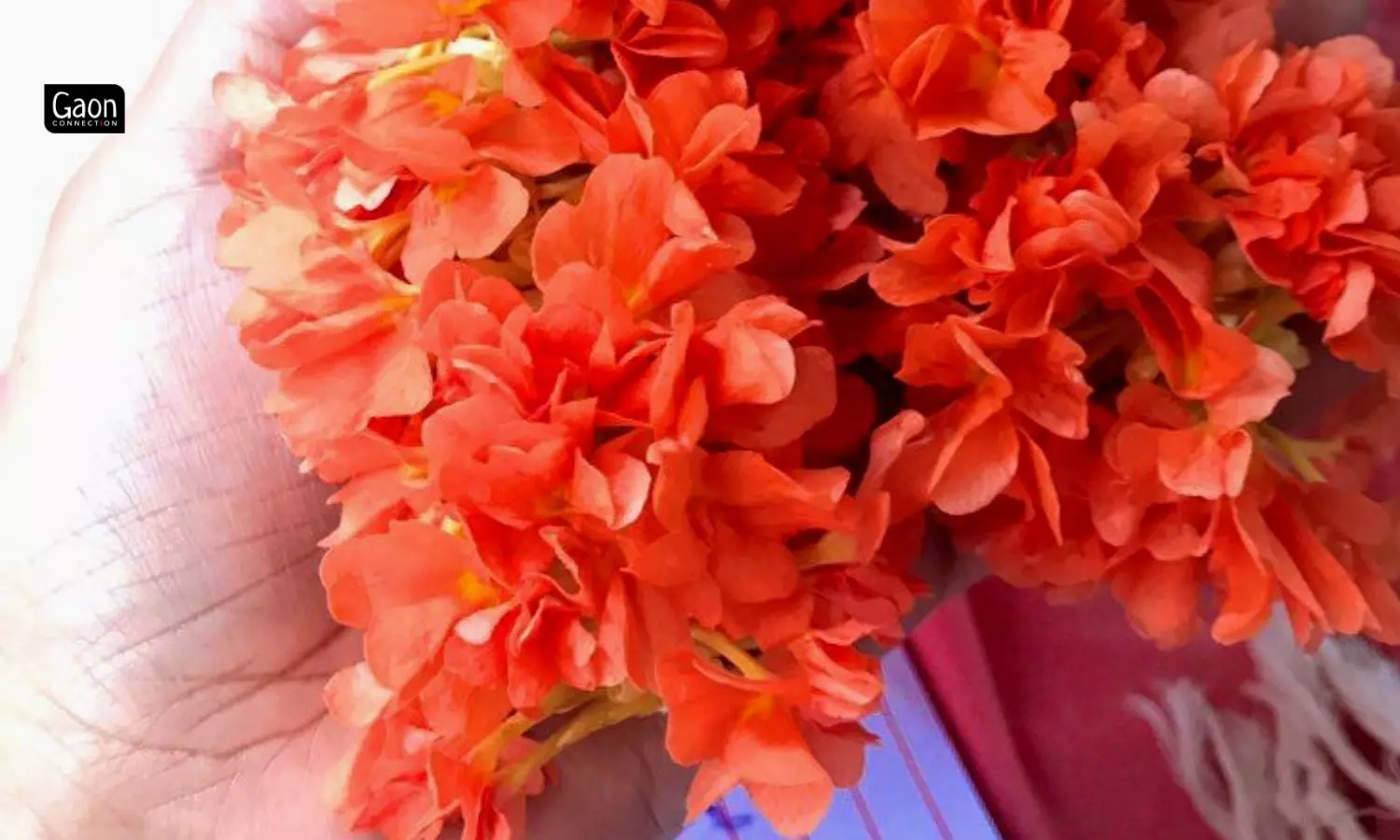
Carrying the fragrance of Karnataka’s rural libraries to Mumbai.
An hour later, as I prepared to leave the library, the children came running to me with two fresh Kanakambaram venis (flower garlands for hair). In no time, Suvarna arranged them in my salt and pepper hair.
I carried the fragrance of Karnataka’s rural libraries to Mumbai where I live.

